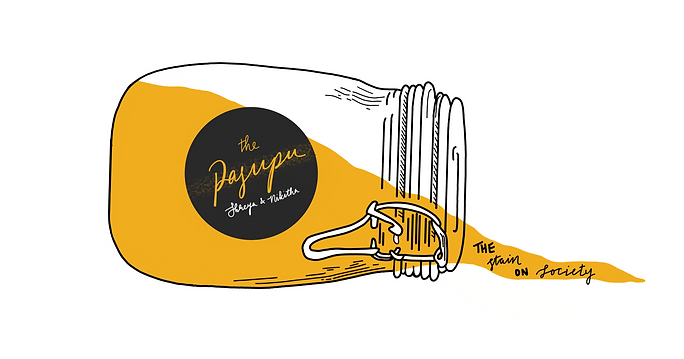Sankranti
- Shreya & Nikitha

- Jan 18, 2021
- 3 min read

Makar Sankranti is a harvest festival celebrated across India, however different states celebrate the festival under different names, traditions and festivities. This year Sankranti took place on January 14th.
Makar Sankranti marks the end of winter and the beginning of longer days. This festival has religious and seasonal significance and is dedicated to Lord Surya, the Sun God. Makar Sankranti marks the transition of the Sun into Makara rashi (Capricorn zodiac sign) on its celestial path, and the six-month Uttarayana period. The traditional Indian calendar is based on lunar positions, however Makar Sankranti is a solar event. The date of Makar Sankranti remains constant over a long term, January 14th or occasionally, January 15th as the Sun begins to rise in Makara Rashi.
Bhogi is the first day of the four-day Makar Sankranti festival. According to the Gregorian calendar it is usually celebrated on January 13th. It is a festival celebrated widely in Tamil Nadu, Andhra Pradesh, Telangana, Karnataka and Maharashtra. Bhogi is celebrated in honor of the Lord Indra, the God of rains and clouds and people seek his blessings for an abundant harvest and prosperity. People celebrate Bhogi by building a traditional bonfire with wood and old things that are neglected or no longer in use in order to start fresh on the next day of the festival. They also burn agricultural waste in the bonfires and women decked in new clothes sing songs and make offerings to the Sun God and Mother Earth with sandalwood paste and kumkum. People also celebrate Bhogi by cleaning their houses and drawing rangolis of colors and flowers in front of their house. People also decorate their houses with marigold garlands and mango leaves.
Pongal is a three-day harvest festival mainly celebrated in South India. Pongal is one of the most important festivals celebrated by Tamil people in Tamil Nadu, Karnataka, Andhra Pradesh, Telangana and Puducherry in India. It is also a major Tamil festival in Sri Lanka. Pongal is also the name of a rice based dish, which is prepared for this festival. Each of the three days has a different festivity. The first day is a day to be with your family and is known as Bhogi Pongal. The second day is dedicated to the worship of Surya, the Sun God also known as Surya Pongal. On this day boiled milk with jaggery is offered to the Sun God. The third day, Mattu Pongal is the day for worship of cattle, also known as Mattu. Cattle are bathed and cleaned, their horns are polished with bright colours and they are garlanded with flowers. The Pongal offered to the gods is later offered to the cattle and birds.
Lohri is a festival that holds great significance as it marks the harvest of the rabi crops and the end of winter days. Lohri is celebrated primarily by Sikhs and Hindus, in the northern state of Punjab. People worship the sun and the fire and thank them for the good harvest. Lohri also marks the New Year for Punjabi farmers. On this day, the farmers pray and show gratitude for their crops before the harvesting begins and pray to Lord Agni to bless their land with abundance. Traditionally Lohri is celebrated by lighting a huge bonfire in the yard after the rabi crops are chopped. The bonfire is lit at sunset and people wearing traditional clothing circle around it and throw sesame seeds and jaggery into it. They also sit around the fire and sing and dance till the fire dies out. By this way they pray to the fire god, to bless their land with abundance and prosperity. Following this people exchange greetings and gifts with their friends and family members.
Additionally, to celebrate the welcoming of spring, many people across the country participate in a Kite Festival. Kids often create their own kites to fly on this day, and kites are usually flown from the morning until a little before sunset.
Thanks for reading! Stop by next week to learn all about Telugu Culture!







Comments